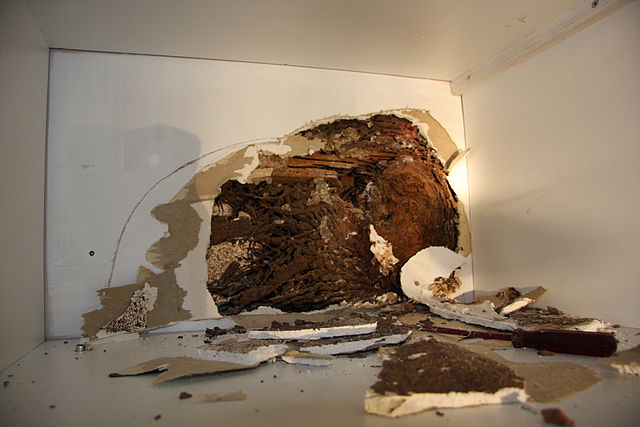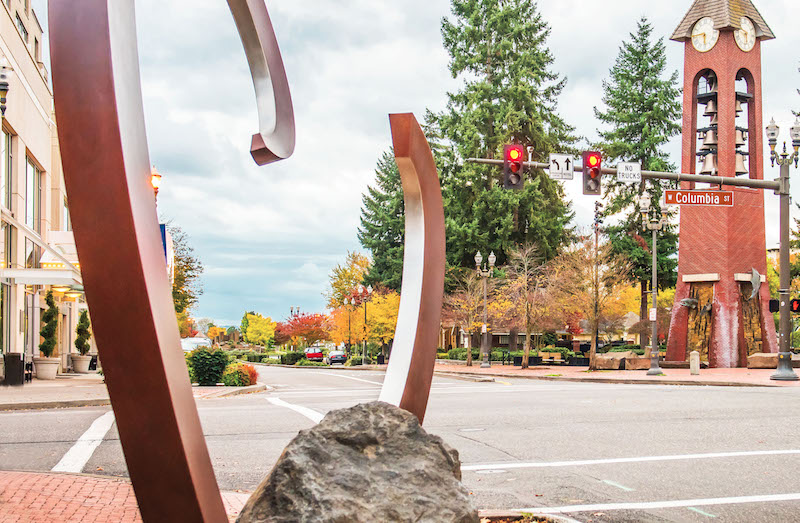More and more people across the United States are choosing to rent their homes as opposed to buying, which means one thing: now has never been a better time to become a property manager.
To illustrate, the Bureau of Labor Statistics has officially projected the property management industry will continue to grow by at least 8% by 2024, a number higher than average compared to other industries.
This following list of guidelines will help you to gauge what exactly you need to do to get the ball rolling towards an opportunity in property management.
1. Legal Requirements
Licensing requirements to become a property manager are going to be different in each state, and there are many complex rules that you must know about managing different types of properties.
So the first thing you need to do is research how to become a property manager where you live or want to work, and a great place to start is here.
2. Start Studying
For the most part, companies who hire property managers are looking for people with at least a Bachelor’s degree in real estate, business administration or finance.
 Other companies look for people who have received real estate training or even have a real estate license. For those who don’t necessarily want to go back to school full-time, you can take a vocational real estate training course in subjects like real estate finance, property management, real estate management, affordable housing administration and real estate development.
Other companies look for people who have received real estate training or even have a real estate license. For those who don’t necessarily want to go back to school full-time, you can take a vocational real estate training course in subjects like real estate finance, property management, real estate management, affordable housing administration and real estate development.
You can do these courses online or in-person in just about every city. Completing these courses will undoubtedly give you a leg up on your competition.
Even if these options may not be viable for you, there is always the possibility of accepting an entry-level property management position and learning the business on-the-job, which is always a good option when you first need to get your foot in the door.
3. Getting Certified
Getting the proper certifications might not necessarily be required where you live, but it will always convey professionalism to hiring companies. Many times professional property managers will get a real estate license on top of their specialized certifications so that they are qualified for more lucrative possibilities within other realms of real estate.
All of the major certifications are going to require that you meet some kind of educational requirement and that you pass an exam. Some of the certifications you are going to want to look into obtaining include Certified Property Manager, Residential Management Professional, Certified Manager of Community Associations and Certified Apartment Manager.
4. Starting Out
Once you’ve gotten your credentials, the next thing you’ll have to do is find the right company that is best for you. This is where you’ll have to put on your networking suit and get out there! Conventions and other events that potential employers will be at are a great start, and of course sending out your resume will further the process.
At Zenith Properties, we are always looking for talented people to come on and help with our real estate and property management. You can read more about our story and services and see if you’d like to join our team!




 You will typically be able to receive a loan on a rental property with four or fewer units if you put down 20% and have solid credit. For the most part, though, all lenders are going to want proof of three months of reserved capital as well as proof that you can afford your current expenses on top of the newly acquired mortgage for the rental property.
You will typically be able to receive a loan on a rental property with four or fewer units if you put down 20% and have solid credit. For the most part, though, all lenders are going to want proof of three months of reserved capital as well as proof that you can afford your current expenses on top of the newly acquired mortgage for the rental property.
 These days, it’s not exactly safe to take cash payments, nor is it ideal to physically travel to each location to receive rent from the hands on the tenants. This kink in the system has, for a long time, prevented the timely payment of rent. Now, there are
These days, it’s not exactly safe to take cash payments, nor is it ideal to physically travel to each location to receive rent from the hands on the tenants. This kink in the system has, for a long time, prevented the timely payment of rent. Now, there are 






